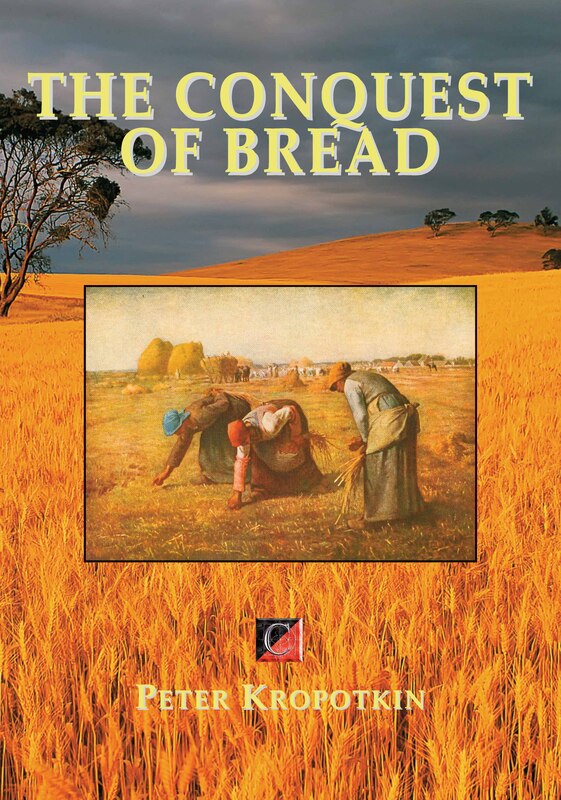|
In 1840 the anarchist Pierre Joseph Proudhon, wrote a book called ‘What is Property?’ in which he said ‘Property is theft’, a phrase that has intrigued and inspired many political thinkers, radicals and activists.
Property takes many forms and types: The unifying form of property is one of the most basic and essential of all human rights; the need for shelter. We all seek a roof over our heads and a safe place to sleep and rest. The unfunny truth is that for the greater part of human evolution, this wasn’t a problem; people lived in familial and communal groups in which support and resources were abundant. Things started to go bad in the early growth of capitalism, when property ownership became a pivotal tool in the exploitation of the new ‘working class’. Only the very wealthy owned property, which greedy new industrialists rack-rented to their workers, but only as long as they were able to work. Once they couldn’t, they were cast off into the gutter like rubbish. It’s shocking and outrageous that the realities of life haven’t changed that much isn’t it? The great postwar dream of the ‘welfare state’ with homes and healthcare for all is just that, a dream, being sucked dry by the wealthy elite. Most younger people can’t afford the deposit on a home, so are forced to rent, lining the pockets of fat-cat landlords. Even for people who can get a mortgage, it’s the bankers that really own the building, not them. Meanwhile, large numbers of buildings big enough to house several families languish empty in our cities as plaything investments of the super rich. I’m angry and appalled by the ever growing numbers of hungry and homeless faces I see on the streets of Birmingham. I think community is more important than property. No one owns the world, it’s a gift we all share. I’m reaching out and working together with like-minded people, we’re fighting back and organising for a better future - You can too.
0 Comments
As far back as Kropotkin and Bakunin, Anarchists have known that the potential to build a better society lies in the hands and minds of ordinary people, with little time for prescriptive dogmatism, or self appointed “great men” vying to lead the way.
In “The Conquest of Bread” (which, admittedly, if we anarchists were interested in adopting one sacred manifesto, would surely make the shortlist...), Peter Kropotkin writes of the importance, come revolution time, of ensuring the “theorists ... have no authority, no power.” Rather, he describes how, once freed from the stifling authority of government, landlords and the wage system, the working class are more than capable of organising themselves into communities in which everyone is amply fed, clothed and housed. In fact, he argues that not only is this a real possibility (as demonstrated by reams of farming statistics – some parts of the book are a little dry) but is the natural and even inevitable tendency of free people. And damn if that isn’t refreshing! There’s a contagious optimism to Kropotkin’s belief that, far from being a utopian pipe dream, anarchist communism is the obvious next step in the evolution of human society. In view of this, the book doesn’t dwell much on the mechanics of revolution, except to note most importantly that the first concern should be providing for people’s immediate needs (the titular bread) rather than, say, as in Kropotkin’s scathing example, forming committees to discuss “middle-class ideas.” The main thrust of the book, then, is that all human production is the product of an interconnected web of many people’s labour, and is enough to meet everybody’s needs. The conclusion this leads us to can be summed up in Kropotkin’s own words: “What we proclaim is the right to well-being: well-being for all!”. A call met by Anarchists across the globe to this very day. To investigate Anarchist ideas and books such as The Conquest of Bread, come the Revolutionary Anarchist Group Radical book club, 7pm on the first Tuesday of every month at the Prince of Wales in Moseley. Check out our Facebook to find out about this months book and other upcoming RAG events. |
The Rag
Archives of print news from The Rag, newspaper of the Revolutionary Anarchist Group, Birmingham ArchivesCategories
All
|



 RSS Feed
RSS Feed
